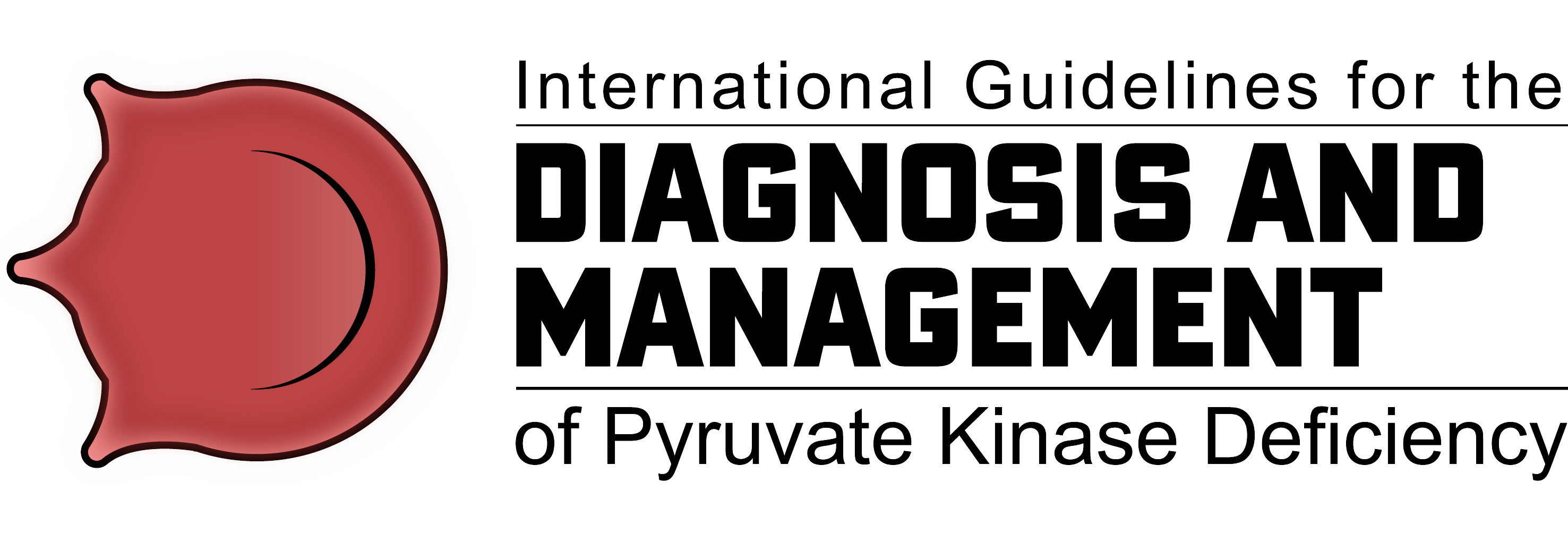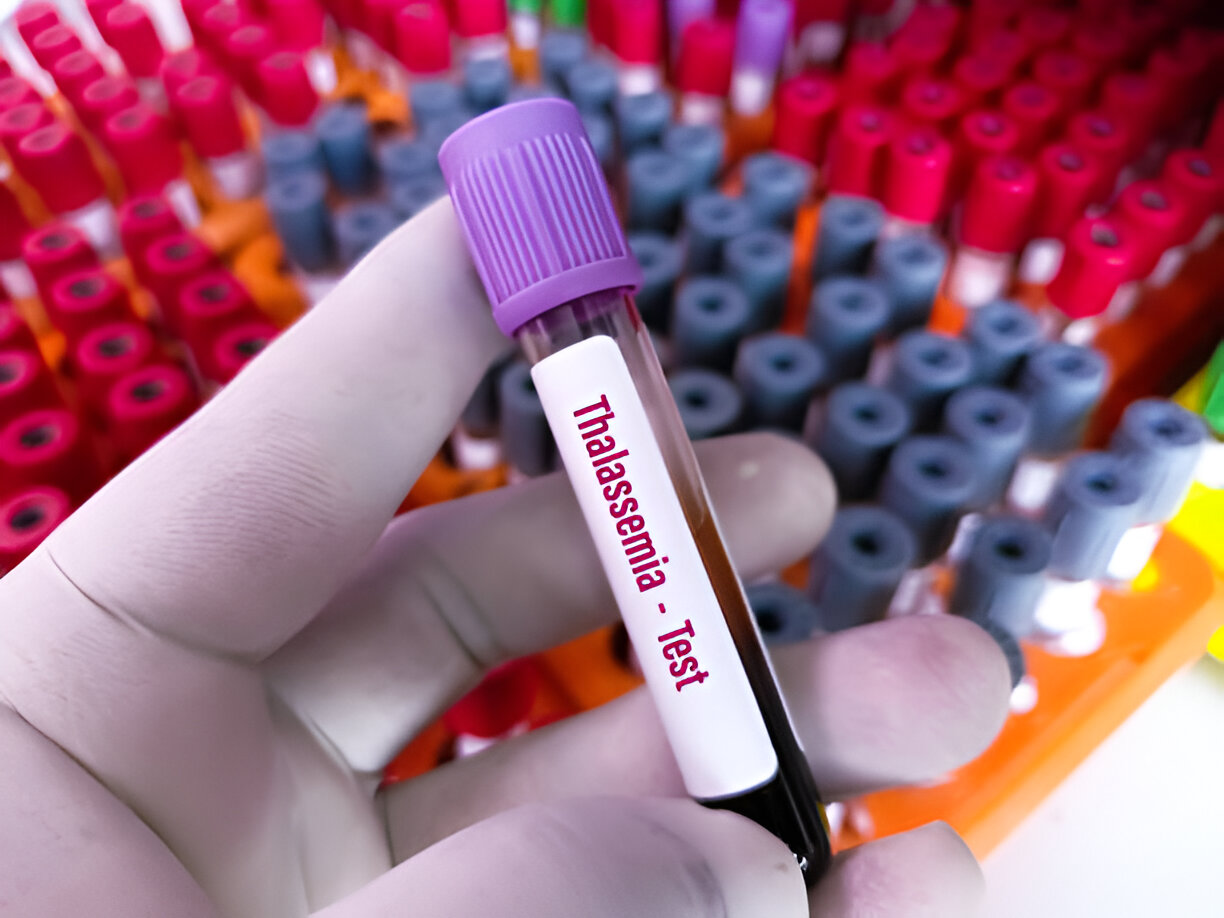Thalassemia is a condition that affects many lives. It alters red blood cell production, leading to health challenges. For patients with non-transfusion-dependent thalassemia, finding effective treatments is crucial. Mitapivat has emerged as a promising solution. It offers safety, efficacy, and hope. Let’s explore its benefits and how it addresses key symptoms like pyruvate kinase deficiency.
Mitapivat works by targeting a specific enzyme in red blood cells. This enzyme, pyruvate kinase, plays a vital role in energy production. Deficiencies in this enzyme lead to several symptoms. These include fatigue, pale skin, and an increased risk of infections. Such symptoms are debilitating. Patients often struggle with daily activities.
Research shows that Mitapivat helps restore enzyme function. It activates pyruvate kinase in red blood cells. As a result, the cells produce energy efficiently. This improves overall health and reduces symptoms. Patients report feeling less fatigued and more active.
The Importance of Treating Non-Transfusion-Dependent Thalassemia
Unlike transfusion-dependent thalassemia, this type does not require regular blood transfusions. However, it still poses challenges. Patients face chronic anemia and its complications. Long-term effects include organ damage and reduced quality of life. Therefore, addressing these issues is essential.
Mitapivat provides a targeted approach to managing these symptoms. It reduces the need for invasive treatments. Patients can lead healthier lives without relying on frequent hospital visits.
How Mitapivat Works
Mitapivat activates pyruvate kinase. This activation corrects the energy imbalance in red blood cells. The cells survive longer and function better. Over time, patients experience fewer symptoms.
Clinical trials highlight its safety and efficacy. Researchers observed significant improvements in hemoglobin levels. Hemoglobin is critical for oxygen transport. Improved levels reduce symptoms like fatigue and shortness of breath.
The drug also shows minimal side effects. This makes it a reliable option for long-term use. Patients can integrate it into their routine without concerns about severe reactions.
Pyruvate Kinase Deficiency
Pyruvate kinase deficiency is a genetic condition. It leads to hemolytic anemia, a type of anemia caused by the breakdown of red blood cells. Common symptoms include jaundice, fatigue, and pale skin. In severe cases, it can cause gallstones and an enlarged spleen.
Mitapivat offers relief by addressing the root cause. It enhances the function of pyruvate kinase. This reduces the rate of red blood cell destruction. Patients see improvements in energy levels and overall well-being.
Early diagnosis is crucial. Identifying pyruvate kinase deficiency symptoms helps patients seek timely treatment. Medical professionals recommend regular blood tests and genetic screening for those at risk.
Advancements in Thalassemia Treatment
The development of Mitapivat marks significant progress. It represents a shift towards personalized medicine. Treatments are now tailored to individual needs. For non-transfusion-dependent thalassemia, this approach is game-changing.
Patients no longer have to rely solely on supportive care. Instead, they can benefit from targeted therapies. These therapies address the underlying cause of their condition. Mitapivat is leading the way in this new era of treatment.
The Role of Medical Assistants in Thalassemia Care
Medical assistants play a vital role in managing thalassemia. They provide support and education to patients. Their responsibilities include monitoring symptoms, scheduling tests, and coordinating care.
Online training programs for medical assistants are expanding. These programs equip them with the knowledge needed to assist patients effectively. With proper training, they can guide patients in understanding treatments like Mitapivat.
Education also empowers patients. It helps them make informed decisions about their health. Medical assistant online bridges the gap between patients and healthcare providers. Their support ensures that treatments are implemented successfully.
Mitapivat’s Impact on Patients
For many, Mitapivat has transformed their lives. Patients report fewer symptoms and improved energy. This allows them to engage in daily activities without limitations.
The drug also reduces the psychological burden of living with thalassemia. Patients feel hopeful about their future. They no longer view their condition as a constant obstacle.
Moreover, Mitapivat’s safety profile offers reassurance. It minimizes the risks associated with long-term medication use. Patients can focus on recovery without worrying about complications.
Challenges and Future Directions
Despite its benefits, challenges remain. Access to Mitapivat can be limited due to cost. Efforts are underway to make it more affordable. Pharmaceutical companies are working with healthcare systems to address this issue.
Research is also ongoing. Scientists are exploring additional uses for Mitapivat. It may benefit other conditions related to red blood cell dysfunction. The future of thalassemia treatment looks promising. This treatment does not merely offer symptom relief but also reduces the emotional burden associated with long-term medical conditions. Patients who previously felt restricted by their symptoms now report greater independence, enabling them to embrace everyday activities, work, and personal aspirations. These improvements underline the profound impact that effective medical treatments can have on both physical and mental well-being.
Furthermore, the involvement of medical assistants adds a crucial layer of support. Their role in educating patients, ensuring adherence to treatments, and facilitating communication between patients and healthcare providers strengthens the overall care framework. This collaborative approach makes it possible for patients to fully understand and trust their treatment plan, increasing the likelihood of positive outcomes.
However, challenges such as accessibility and affordability remain. Efforts to address these issues will be key in ensuring that Mitapivat’s benefits reach everyone in need. Continued advancements in research may also expand the scope of this drug, potentially offering solutions for other related conditions.
Conclusion
In conclusion, Mitapivat is more than a treatment—it’s a symbol of progress and possibility. When combined with comprehensive care and ongoing innovation, it has the power to reshape the future for patients with non-transfusion-dependent thalassemia, providing them with a life of greater health, freedom, and hope.

